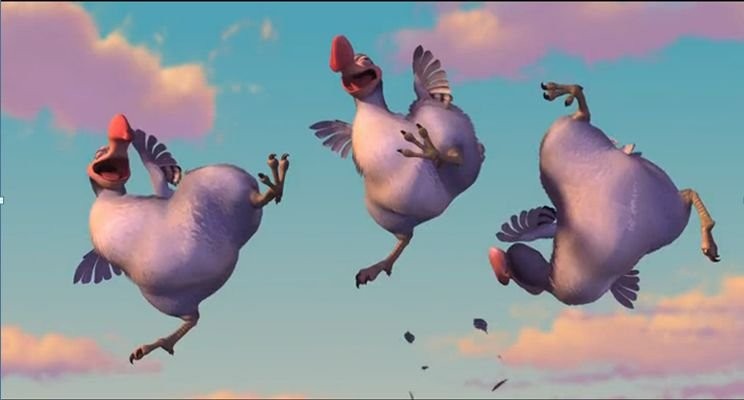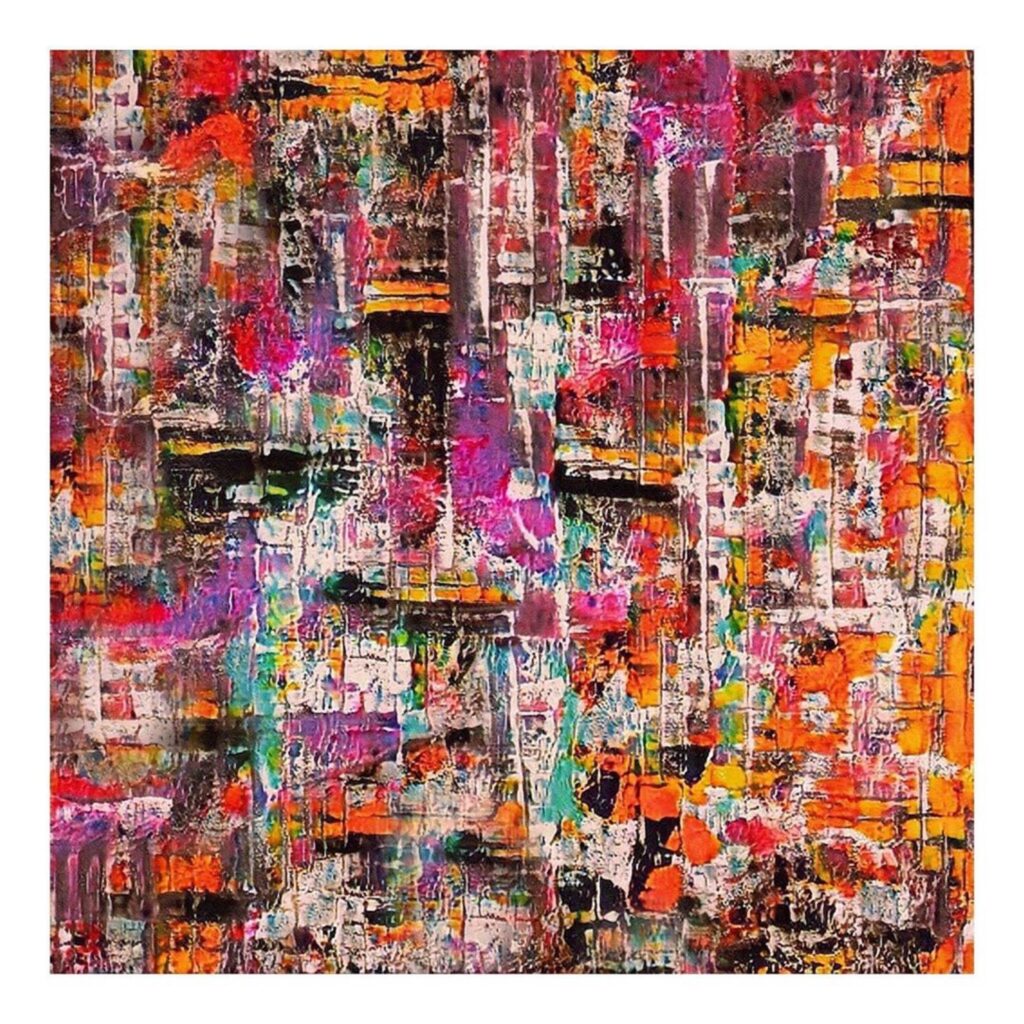
Machine Art
AI, art, artificial: the above piece of artwork has been created by an AI agent: should we considered it artificial?
You might be bewildered with this ability or you might be not. After all we are more accustomed to AI now being able to produce music, poetry and other works of art. Art was endowed in animals for a long time: horses, elephants and monkey have all had their heroes and their masterpieces have been auctioned for money.
So, why should it surprise us that AI can produce art? It largely does not anymore.
It’s the idea that machines can mimic creativity – something we uniquely and distinctively associate with the human intellect – is what makes us wonder and has kept us in disbelief for quite a long time.
Why are machines able to be creative?
Machine concepts
Because machines are now able – in a very subordinate way at least – to conceptualise. Deep neural networks can within the blackbox of their algorithmic functioning “understand” a concept, albeit a very vague one. Feed a million cats, reverse the functioning of the algorithm built to identify the visual image of a cat and you will be immediately shown the idea that the machine has made for itself of a cat. Or whatever else.
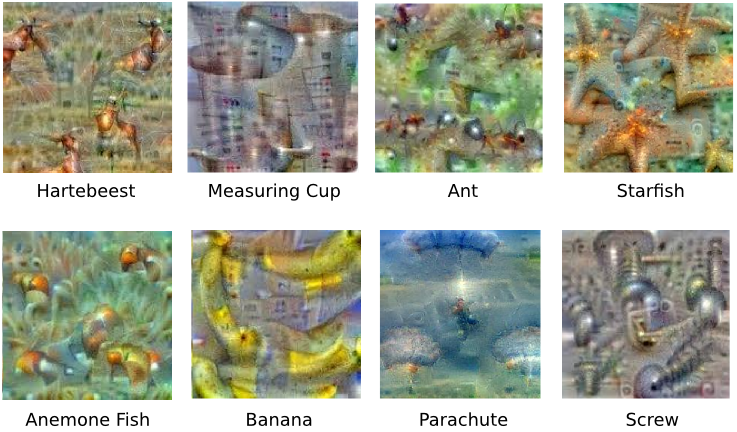
In the above example Google Brain has reversed the functioning of a deep neural network to show the machine image of a banana, as an example. Google brain is showing its “concept” of a banana.
In a similar and utterly disturbing way, machines are now able to recreate the image of humans who have never existed, by using GAN – generative adversarial networks. Gan mix different images of humans and apply the conceptualised knowledge of the features of a human face to the one to be created to produce a new image.
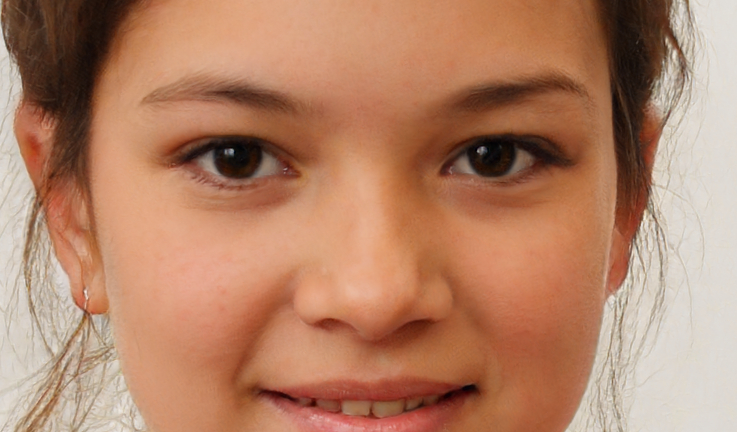
For how surprising as it may seem, the above person has never existed, but was produced algorithmically. If you can’t believe it, you are welcome to click the link underneath.
https://thispersondoesnotexist.com/
Machines surpassing humans
It’s interesting that in order to discuss the artistic prowess of machine we talk about conceptual knowledge, as concepts are what separates narrow intelligence from going broad. Concepts effectively protects us human – for the time being – from machines reaching super human abilities.
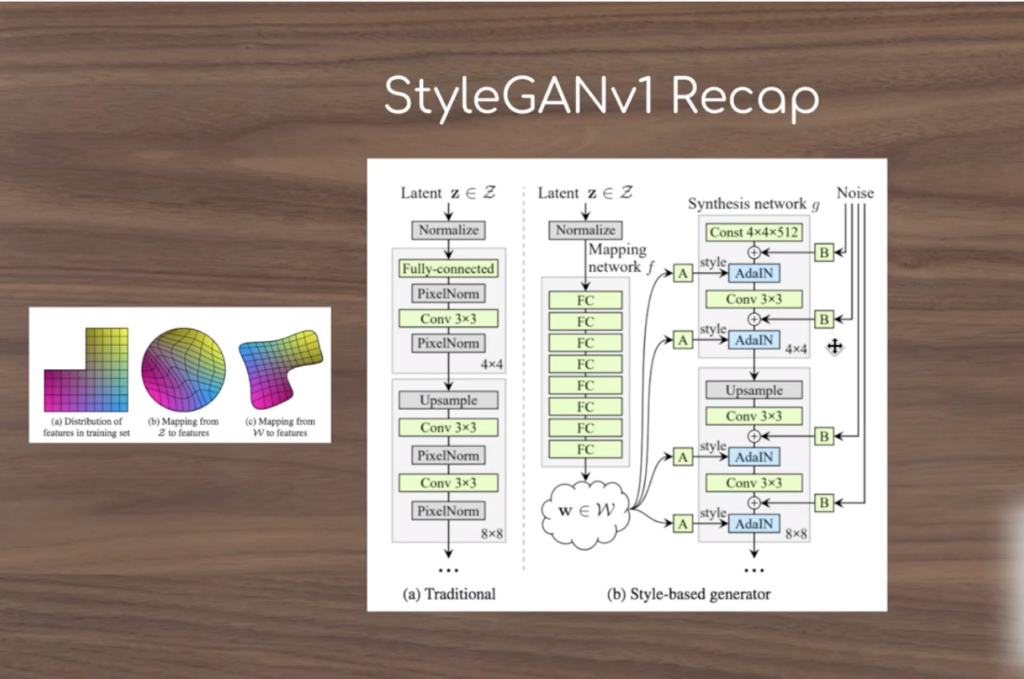
Machines in reality are already beyond human capacity in a vast array of fields.
I personally host a disturbing studybug in my living room named Alexa, that is able to respond without hesitation by accessing wikipedia to the most difficult questions you can think of. Definitely beyond human. But so is the level reached in classification, image recognition, speech recognition, planning, memorisation, game playing, sheer computation ability and the list could go on forever.
The need for flexibility in thinking
Where machines still haven’t superseded human beings is in the director podium, where all the different instruments that play the concert of the human brain are orchestrated. It is very easy for the human intellect to toggle level of thinking, moving up from a strict descriptive level, to the higher ones: phonetics, semantics, morphology, syntax, pragmatics in language alone. It’s much more difficult for machines.
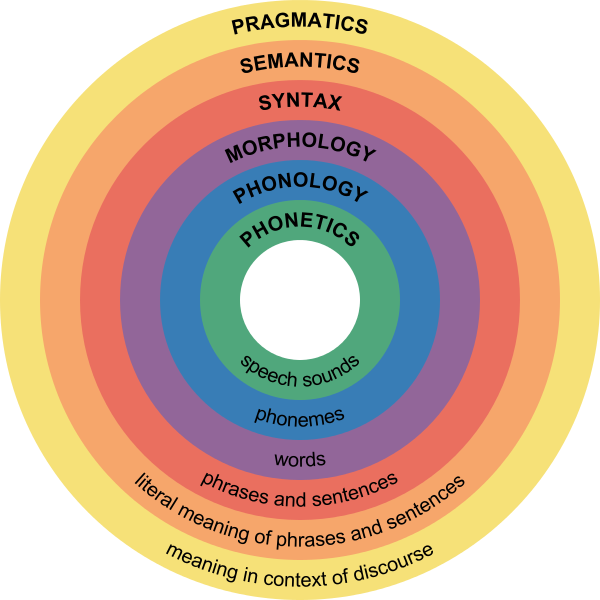
Machines find it hard to move from following the rules to challenging the rules or rewriting them. This I believe has to do withe the intrinsically relational functioning of the human brain, that mostly works by association. Machines have a much harder time at creating concepts, that is defining Shakespeare’s Rose: “What’s in a name? That which we call a rose, by any other name would smell as sweet.”
How we create concepts
How do we create these concepts? By association. The third time a baby is fed a spoon he is able to tell that food is coming, and he starts to build a database of different flavours and different names for different foods from there. Memory becomes associative in its turn. We will recollect for all our lives the scent of our family home, and smelling it will immediately bring us back hopefully positive memories of our childhood. If you ask a person – any person – what he associates with the word rose and to restrict it to four items (flower, springtime, perfume, dusk would be mine) you will get very different answers. Why? Because we are wired differently and our intelligence lies in our ability to create those concepts and the way we are able to wire them and recollect them in the very first place.
This process is still hard for machines, mostly because the logics and the mathematics to make it happen are still not in place. But they will, eventually.
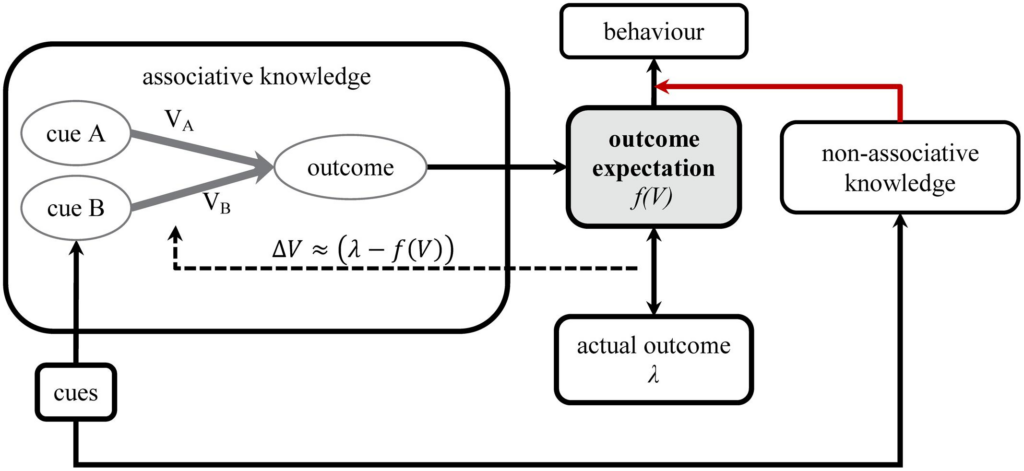
Going back to art and “artificial” whose roots come from the same latin word meaning skill, craft but also knowledge by extension, I will make one final argument, that slips into environmentalism.
What is truly artificial?
When we plaster the word with concrete and tar is that to be considered artficial? When we extract oil from the ground and spill it in the ocean, is that artificial?
I will argue that we are a product of nature, hence anything arising from us humans is natural in turn. Global warming included. Although there are a very limited number of species in nature able to kill itself by virtue of their own actions, if you don’t count the dodos from the movie “Ice Age” at least 😀
and a type of bacteria colony that lives near acid thermal fonts, I would not consider human actions very different from those of a beaver colony that uses branches and logs to create dams in rivers in order to keep themselves safe and be able to hunt for food more easily. We are just much better dams builders by virtue of our biological intelligence.
So why should we consider artificial a machine that is able to create a work of art, since the machine is our brainchild in first place?
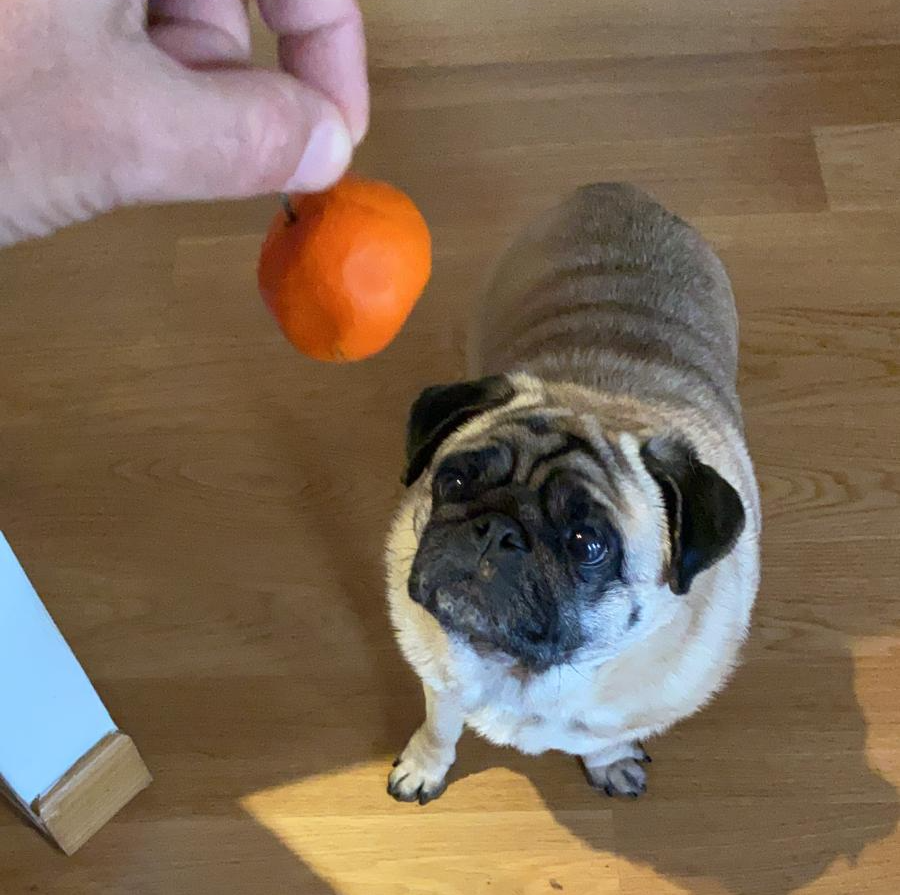
Our legacy?
And if machines will ultimately be able to conceptualise and by doing so will be in the position to take over the world, why should it be bad? We will very probably become their biological pets. It is thus great advice to learn the Chinese strategy game Go described in one of my previous articles immediately in order to remain entertaining to your super human AI agent in the foreseeable future. Machine will enter in a relationship with us not very different from the one we humans have with pets, where we recognise and rejoice for the earliest signs of their intelligence.
Why should it be different with our AI offspring?

Check blog for more articles

